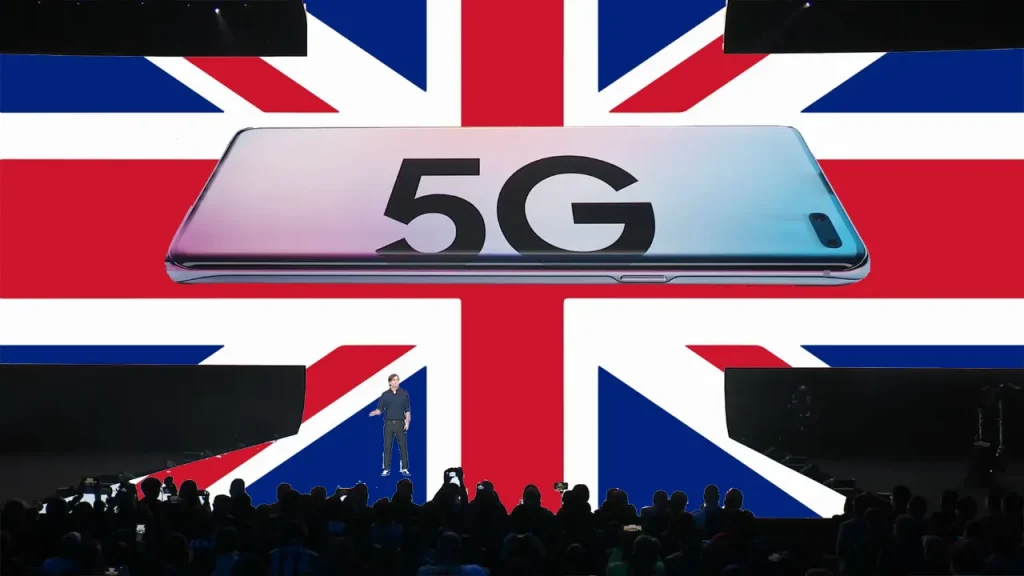- UK has weakest 5G reliability among G7 nations
- Planning delays and lack of investment slow progress
What happened: UK struggles with low 5G availability and slow speeds
A recent report revealed that UK mobile users had the least reliable 5G experience among G7 nations. Cities such as London and Belfast showed particularly poor performance. The UK ranked bottom in 5G download speeds and reliability scores. Analysts blamed the slowdown on the 2020 decision to remove Huawei kit, which disrupted network upgrades. Additional factors included limited spectrum access, planning roadblocks, and insufficient long-term investment. 、
Independent data highlights that UK users access 5G only around 10 per cent of the time. This underperformance contrasts with higher availability in countries like India, South Korea, France and Italy. Operators cite high tower costs and varied regulatory practices as barriers. While rural coverage often remains patchy, dense urban areas also suffer poor indoor reception. Efforts such as small cells and rollout of standalone 5G continue, but limitations persist.
Also read: UK selects Teesworks for Europe’s largest AI data centre
Also read: Oklo and Vertiv join forces for AI data centres
Why it’s important
Low 5G reliability affects everyday data access, streaming and app use for millions. It also impacts business systems and remote-working tools. With technology trends like AI, connected transport and smart cities growing, poor infrastructure may hold back innovation. Experts warn that gaps in coverage can worsen the digital divide between regions. Without reform, UK risks lagging global peers in network quality and tech investment.
Operators face pressure to improve service while managing rising costs. Government aims include full gigabit and standalone 5G coverage by 2030. Closing sector gaps requires more spectrum, streamlined planning laws and simplified access to rooftop and tower sites. The current spread of restrictive zoning and public opposition complicates site installation. Strengthening network transparency and funding could accelerate rollout. Doing so may boost mobile reliability and support the UK’s digital ambitions.

